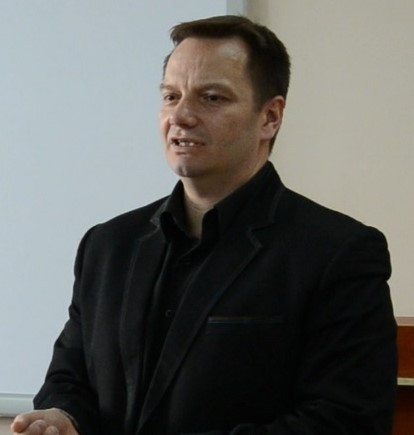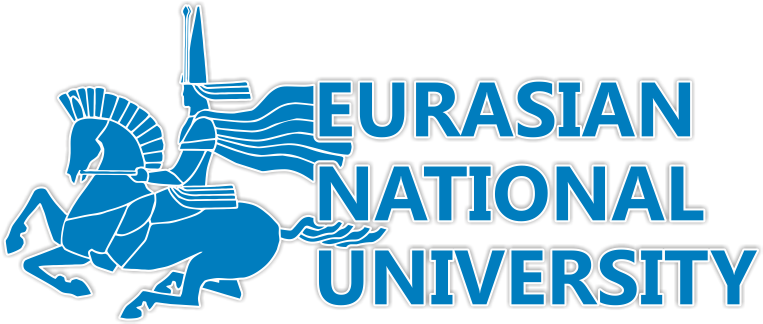 Cooperation with the Eurasian University since 2014, active participation in conferences in Astana and Kazakhstan, presentations, as well as conducting short-term lectures for students and participation in field work, contributed to my lecturing in the spring of 2017 on the topic of social anthropology , at the invitation of the Department of Archeology and Ethnology, Faculty of History, ENU.
Cooperation with the Eurasian University since 2014, active participation in conferences in Astana and Kazakhstan, presentations, as well as conducting short-term lectures for students and participation in field work, contributed to my lecturing in the spring of 2017 on the topic of social anthropology , at the invitation of the Department of Archeology and Ethnology, Faculty of History, ENU.
The course designed for undergraduates, doctoral students and students showed great interest in this field, and an excellent command of Russian and English languages made it possible to quickly establish communication with the student audience and conduct the course in an interactive discussion format. The study of ancient culture, customs, rituals of the peoples of the world certainly allow you to expand the knowledge of social anthropology, which in turn better understand the processes taking place in the world, which is not unimportant for modern Kazakhstan. The policy of the president of the country, where the main strategic line is to turn to sources, traditions as a valuable resource, discover new things and create everything from the economy to the spiritual culture.
In this context, a previously signed memorandum of cooperation between the Eurasian National University and the Institute of History of Science of the Polish Academy of Sciences promotes the development of basic humanitarian research in both Kazakhstan and Poland. For a short period of cooperation, a number of doctoral students and undergraduates from the ENU successfully completed research internships at the Polish Academy of Sciences, familiarized himself with research centers and laboratories in Poland.
In this regard, the further development of the relationship between our countries and the scientific community could contribute to the creation of the center "Anthropology of steppe cultures." This direction, which is actively developing in the world, will attract researchers from all over the world to Kazakhstan, as the cradle of a nomadic civilization. The implementation of a comprehensive research cycle, where the empirical and theoretical work of Polish and Kazakh scientists could be presented, would make it possible to prepare a synthesis work on the origin and development of nomadic civilization.
I would like to thank the Department of Archeology and Ethnology of the ENU, head of the department U. Umitkaliyev, for the development of the intellectual potential of Kazakhstani youth, anthropologists, archaeologists, historians, the formation of its original scientific school.
PhD, Professor Michael Pedratski (Poland)
